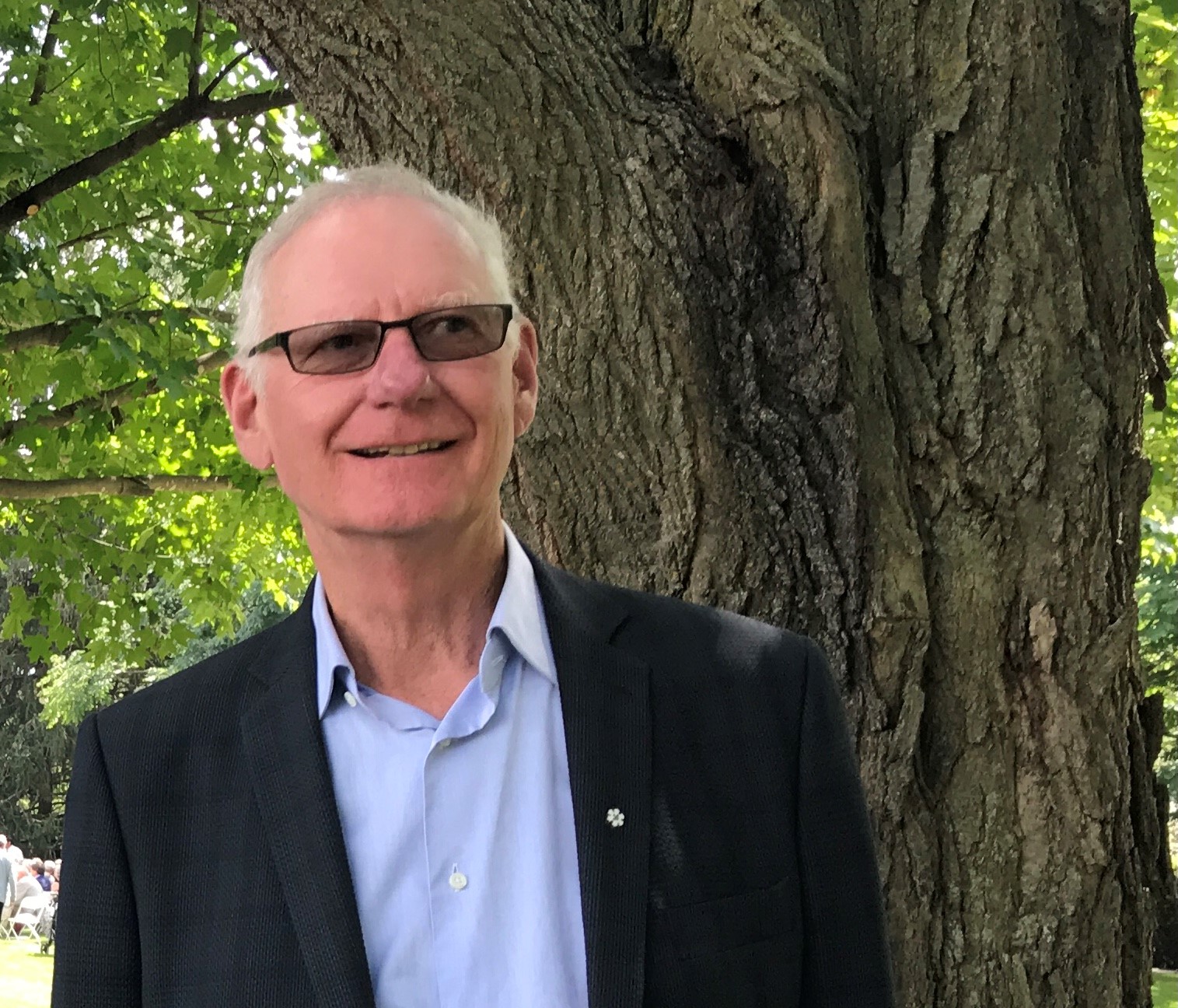Why gun control is a lost cause in America

The following op-ed was published by Michael Adams in the February 28, 2018 edition of The Globe and Mail.
Cultures have their own myths, institutions and trajectories. Some things have changed in America, as in other societies: slavery was abolished, women got the vote, same-sex marriage was allowed.
As for guns, I don’t believe significant change is imminent, even if some Americans, especially young ones, are growing weary of mass shootings, defined as incidents where four or more people are injured or killed, of which the United States had 346 last year. (Canada had one such horror: the Quebec City mosque shooting.)
Guns are deeply embedded in American life and identity. They are enshrined in the Constitution – or at least in many Americans’ and the Supreme Court’s reading of the 2nd amendment. According to Pew, three-quarters of gun owners (74%) say owning a gun is essential to their personal freedom, and two-thirds (67%) say they own a gun for protection.
Guns are also deeply embedded in American culture: in U.S. cultural products, good guys kill bad guys with guns – whether they’re in the wild west, in U.S. cities, in foreign wars, or in outer space. My bet is that America in the years to come will continue to have a few gun-free zones – such as airplanes, sports stadiums and Republican Party conventions. But places explicitly free of guns – or “soft targets” as the president has framed them – will become fewer. Beyond these enclaves you could encounter someone with a weapon, concealed or brandished, almost any time and anywhere.
I suspect the argument of arming good guys to kill bad guys will triumph over the idea of limiting the types of weapons available to ordinary citizens. A “good guy with a gun” is a familiar American cultural trope; a guy who voluntarily disarms himself because he’s persuaded by quantitative evidence in international perspective, not so much.
At present Mr. Trump and gun advocates are musing about programs to arm someone (a teacher, security guard, retired military or reservist) in every public school in the United States, and perhaps on college and university campuses. If implemented and popular, such programs could be extended to any place where Americans congregate: churches, casinos, shopping centres.
Other measures may be proposed around the edges, such as raising the age when a gun may be purchased, modest improvements to security checks for gun buyers, temporary suspensions of gun licenses when gun owners are demonstrably in crisis, and maybe restrictions on automatic weapons or extras like bump stocks.
Retrieving the hundreds of millions of weapons already out there in American households? Forget it. In a recent joint appearance, President Trump and Australian Prime Minister Malcolm Turnbull agreed that a government buyback program that removed 650,000 guns from circulation in Australia is implausible in the American context. In an op-ed, Australian commentator A. Odysseus Patrick agreed: not only are Australia’s laws and history different from America’s, but Australian people do not attach the same meaning to their guns that American do – either as personal protection or as symbols and guarantors of political freedom.
I’m doubtful that anything will be done about the rage, hatred and mental illness in a stressed out society where so many economically displaced and status-anxious people feel they’re on the losing end of the greatest country on earth – and want revenge. Putting in place new programs for collective security? Again, forget it: a meddling government means liberalism, socialism, communism – or all of the above. It’s un-American. Ronald Reagan told America that government is the problem, not the solution, and most Americans still believe him.
Canadians witnessing gunfight scenarios, thrilling to some on a movie screen, terrifying to nearly everyone when reported on the news, must be anything but smug. We are far from perfect. We have plenty of legal and illegal guns here too. These guns kill many Canadians, including about a third of all homicide victims last year, the nine members of a Quebec City mosque targeted in a hate crime, and the year before last, four members of a Saskatchewan school community. Canada also has citizens who want guns to be more easily available and less well documented.
But most Canadians believe in drawing on our tradition of “peace, order and good government”; surveys find support for robust gun control measures to be strong and durable. But surprisingly, gun control measures have been absent from the Liberal government’s legislative agenda.
Support for social programs is also strong in Canada. When working well, these programs not only help level the playing field for children born into low-income families, they also help people who feel they are the victims of social and economic change to feel they may have a path forward that doesn’t involve randomly wiping out a classroom of school children or people at a rock concert.
Canadian citizens who are angry about the status quo can rant over dinner or online, call talk radio, join a political party, organize a protest, and/or vote for candidates who represent their values.
Dissatisfaction with the way things are can make society better – but not if guns feel more easily accessible than productive ways to participate.
Michael Adams is the president of the Environics Institute, and author of Could It Happen Here? Canada in the Age of Trump and Brexit.
Like what you're reading? With our bi-monthly e-newsletter, you can receive even more with the latest details on current projects, news, and events at the institute.
Subscribe